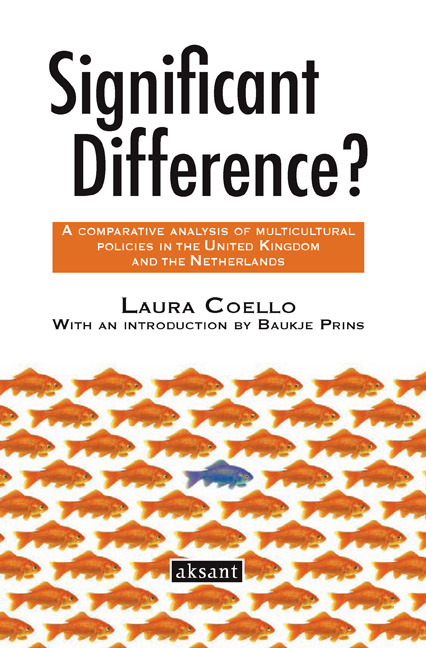On either side of the Channel Introduction
Published online by Cambridge University Press: 20 January 2021
Summary
On the 4th of May 2002, The Economist published an extensive survey article on the Netherlands.1 Its findings were very positive. Regarding controversial issues like drugs, prostitution and euthanasia the Dutch approach had worked remarkably well. Its policies of toleration had resulted in quite effective programs of education, careful control and shared codes of conduct. The Dutch realized, the reporters of the British magazine approvingly observed, that ‘zero tolerance’ would only cause problematic practices to go underground, and that legalizing and regulating was a much wiser and prudent way of handling these contested issues. However, in spite of their ‘politically correct’ attitude towards ethnic minorities, the Dutch governing elite had never been prepared to acknowledge that the Netherlands had become an immigration country. Dutch society therefore was still at a loss when it came to dealing with the phenomenon of multiculturality.
These observations were published at a time when a newcomer on the Dutch political scene, Pim Fortuyn, had reached the peak of his popularity. His warnings about the imminent danger of the ‘Islamization’ of the Netherlands and his insistence on the priority of freedom of speech over the principle of anti-discrimination fell on fertile ground. Only two days later Fortuyn was murdered, and the days of Dutch political correctness came to an abrupt standstill. In the next elections, the List Pim Fortuyn (LPF) received 17 percent of the votes, yielding 26 seats in parliament as well as participation in the new government coalition. Although the latter lasted only three months, since then a consistent part of the Dutch electorate sides with politicians who call for the revaluation Dutch identity and culture, and stricter measures regarding (Muslim) immigration and integration. Dutch rules and regulations are now among the most repressive in the EU, while the large following of Geert Wilders’ Freedom Party (PVV) is proof that the Dutch unease with the presence of Muslim immigrants has still not withered away.
The Netherlands are surely not the only European country in which a backlash against multiculturalism has taken place. But nowhere did this turn seem to come more out of the blue than in the Netherlands.
- Type
- Chapter
- Information
- Significant Difference? , pp. 5 - 8Publisher: Amsterdam University PressPrint publication year: 2010

